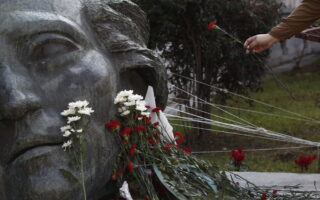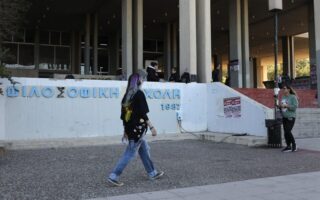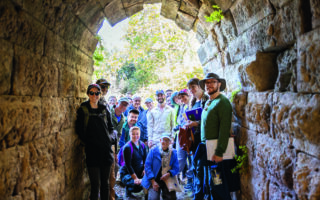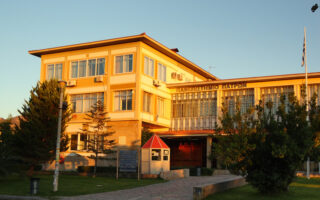Greece lagging in preschool education
Reports show that it is the worst performer in the EU when it comes to investing in the field
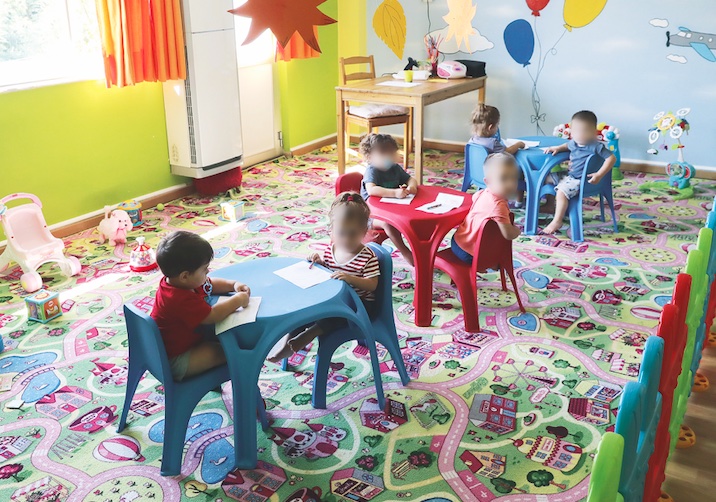
Greece ranks at the tail end of European Union countries when it comes to preschool education, according to the European Commission’s Education and Training Monitor 2022.
The report’s results for Greece are disheartening given that research has demonstrated that investing in early childhood education is one of the most cost-effective things a state can do. Indicatively, Nobel Laureate James Heckman has argued in a study that the annual return on every euro invested in early childhood education is 7-10%.
Moreover, according to data from the Organization for Economic Cooperation and Development (OECD), children who have participated in early childhood education programs for at least a year perform 30.3% better in maths at 15.
Yet Greece ranks last in the EU in terms of participation of children aged 3 to 6 in preschool education and care. It is far from the EU target, but the problem is also focused on municipalities that have not created the necessary infrastructure.
As the report states, in 2020 only 71.3% of children aged 3 to the age of starting compulsory primary education participated in pre-primary education. This is way below the EU average of 93% and the EU-wide target of 96% by 2030. The second worst performer is Slovakia and the third worst is Romania. By contrast, the best three are France, Ireland and Belgium.
Greece’s poor performance, according to the report, is largely due to the fact that most children start school at the age of 4.
Compared to the EU average of 87.8%, just one in three children in 2020 attended preschool by the age of 3. Pre-primary education is now mandatory for children starting at age 4 (86.5%), which means that a lot more kids are enrolled in it.
However, as the report points out, with an increase of 2.5 percentage points from 2019 (ages 3+ and 4+), Greece produced one of the most spectacular improvements in the EU in 2020.
Nonetheless, capacity constraints and teacher shortages persist.
The establishment in 2022 of a National Council for Early Childhood Education is seen as a positive step. The council is tasked with monitoring the quality of nurseries and kindergartens and the optimal implementation of national programs.
